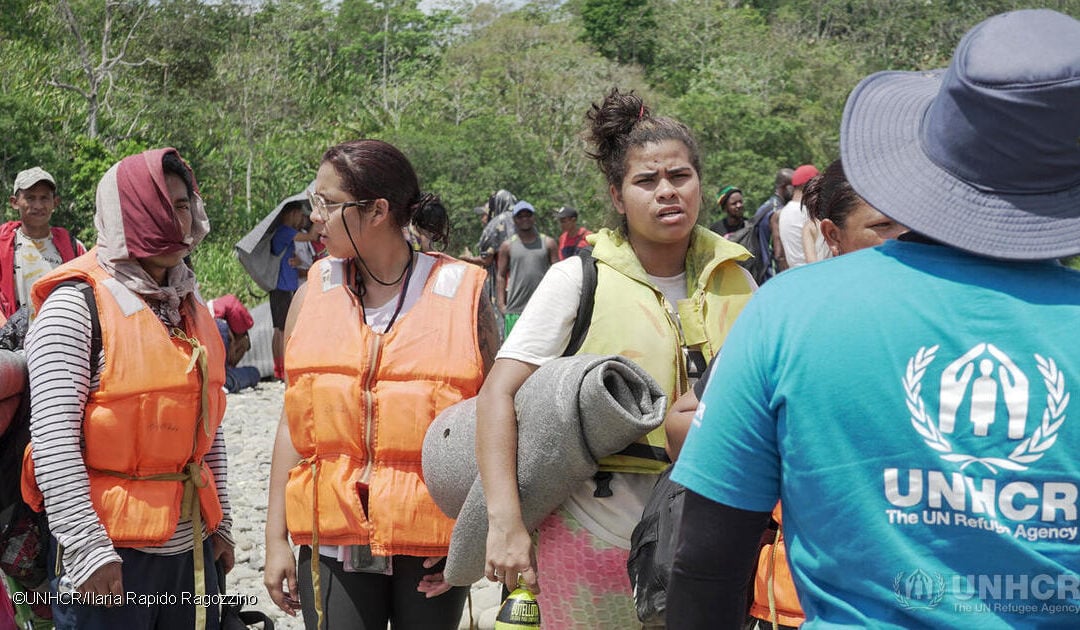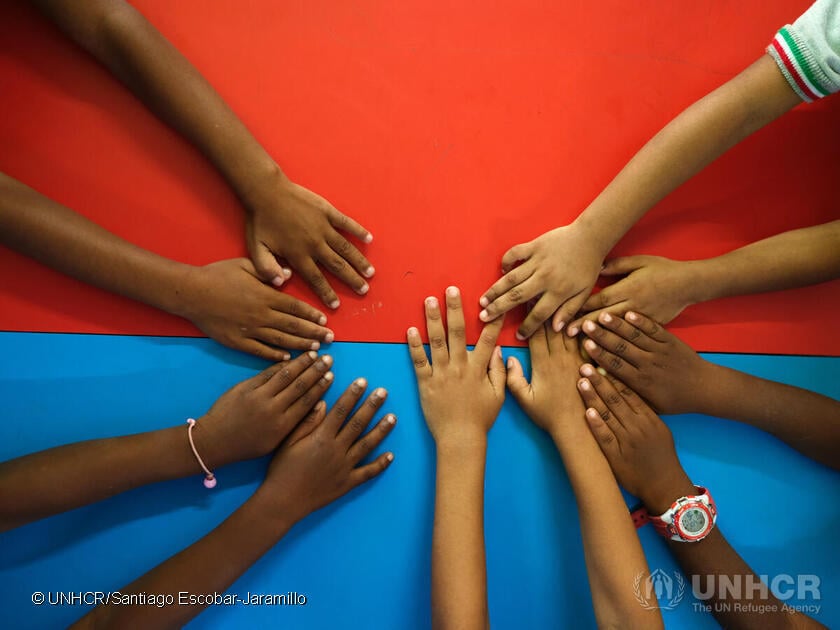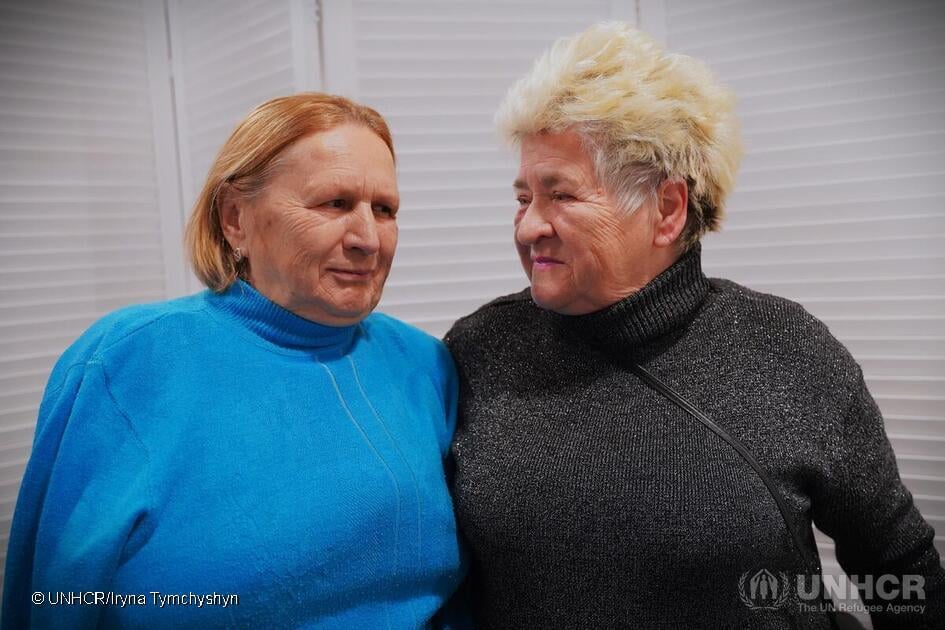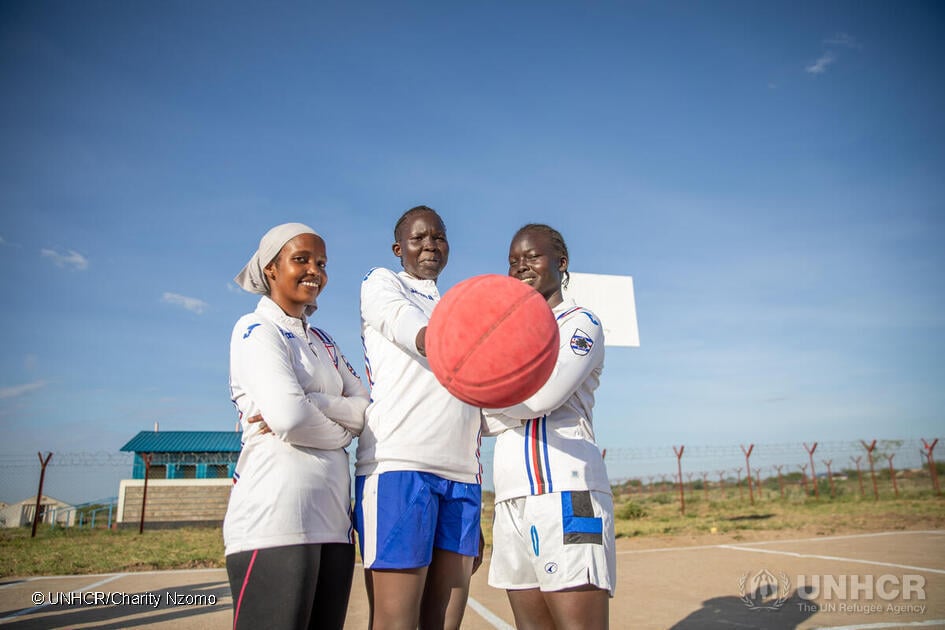


UNHCR and OECD Datathon: Harnessing Data for Forcibly Displaced and Stateless Children
By Tarek Abou Chabake and Jean-Christophe Dumont Hands of children at Tierra Bomba School, an ethno-educational institution with 1,188 students. ©UNHCR/Santiago Escobar-Jaramillo Data plays a crucial role in humanitarian efforts, providing timely and accurate insights...
Bridging gaps in accessing Ukraine’s social protection system
A new study on social protection access in Ukraine shows that addressing a few key barriers would greatly benefit eligible recipients.

Education as a catalyst for refugee and host community integration in Kenya
Aspirations vs. reality: The benefits of prioritizing education are immense. All children and youth deserve a quality education that matches their aspirations and paves the way for a good future.

Investing in refugees’ self-reliance: a more cost-effective and sustainable response
A new UNHCR-World Bank report highlights the “triple win” created when refugees are allowed to work: increased self-reliance, reduced dependency on aid, and economically strengthened host communities.

Understanding the new Malian refugees in Mauritania: a path forward amid growing challenges
A deeper understanding of herder families’ specific needs—both refugee and host—as well as the impact of conflict on traditional transhumance movement, is essential to delivering effective services in education, health, and livestock veterinary care.

Key highlights from the latest UNHCR Refugee Education Research Digest
UNHCR’s latest review of refugee education identifies three key areas for transformative progress: strengthening refugee leadership, investing in teachers, and thoughtfully adapting technology to meet the unique needs of refugee students.

Getting financial service providers “refugee-ready”: four lessons From Uganda
Sida, UNHCR and Grameen Credit Agricole Foundation launched a first-of-its-kind blended finance programme in Uganda. Some key learnings emerged from the successful initiative.

Measuring foundational learning in forced displacement: field insights and lessons from Mexico
Education officers from UNHCR were recently in Tapuchula and Tijuana to assess foundational learning outcomes for forcibly displaced children.

